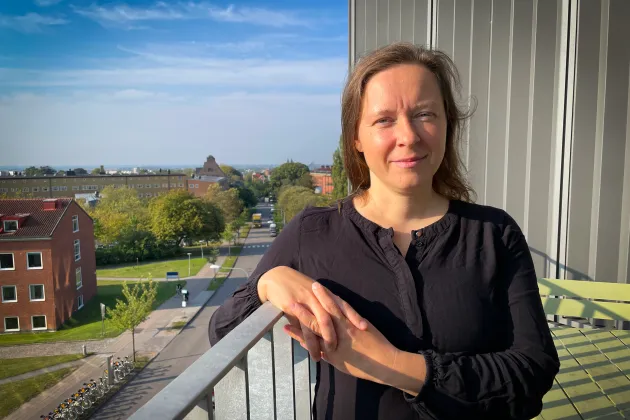Associate Professor Giedre Gefenaite, affiliated with CASE and the profile area Proactive ageing, recently published a cohort profile paper on this, together with the professors Susanne Iwarsson and Jonas Björk.
What has surprised you the most during the work with this?
– The most exciting was to develop such a unique – both nationally and internationally – data structure for studying housing and health. For example, we can now examine the physical aspects of housing alongside household composition to understand how these factors affect individual health, and vice versa. With more than 30 years of follow-up data, we can also track people’s relocation trajectories and analyze how these relate to their health trajectories over time. This is quite exceptional, both in Sweden and internationally, says Gefenaite.
The researchers explored the housing trajectories between 2012 and 2020 among the 55+ year-olds and found that 14 percent relocated at least once. Among the movers, eight major relocation trajectories were identified, of which three were relocating within the same and five transitioning to different housing types and tenures.
Higher education consistently reduced downsizing moves, such as to rental housing. Mental health problems increased, while physical health problems reduced the chances of relocation. Several other studies looking into the associations and the mechanisms between different housing and outdoor environment characteristics and health are currently ongoing.
How will the public, older adults and policymakers gain from the findings?
– Our research can provide evidence to support housing-related decisions and policies, with the goal of contributing to the development of more age-friendly housing in the future, says Giedre Gefenaite.
What will happen now?
– We are currently focusing our efforts on conducting scientific studies using these data, while also planning for how to sustain this work over the long term.
The cohort Register RELOC-AGE is part of the RELOC-AGE research programme, which also includes and is being linked to the large mixed methods Prospective RELOC-AGE project.
Read the publication 'Cohort Profile: A nationwide Swedish register-based cohort of older adults on housing, residential relocation, and healthy ageing (Register RELOC-AGE)'.

